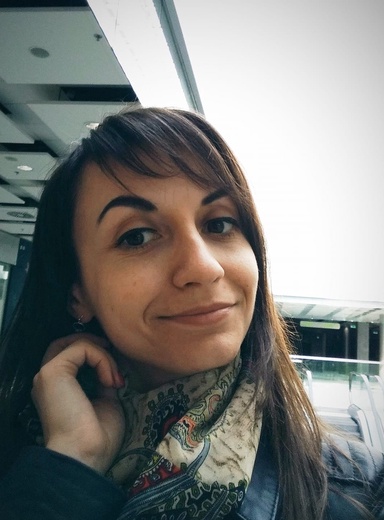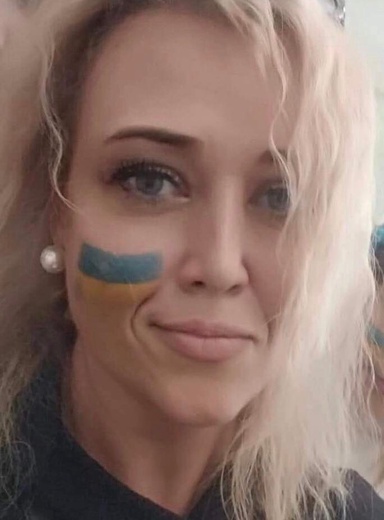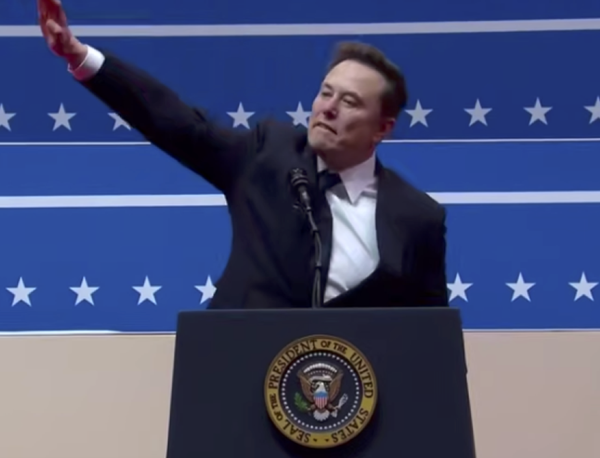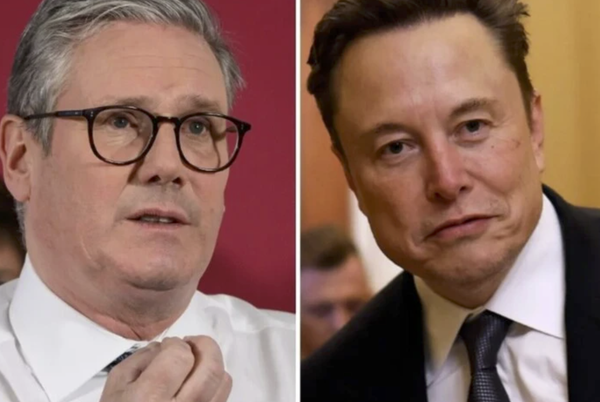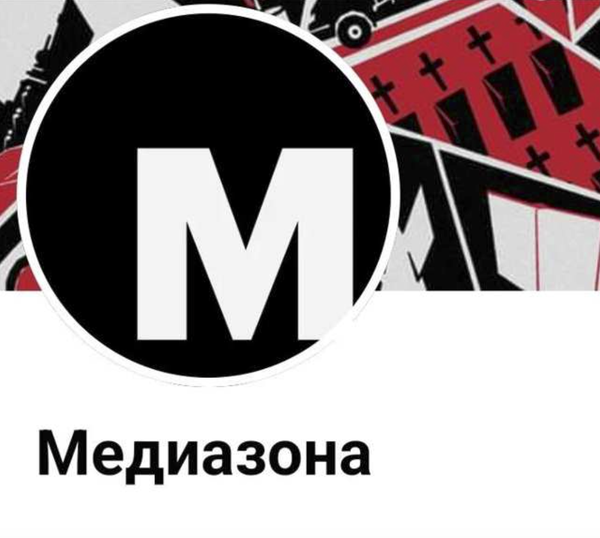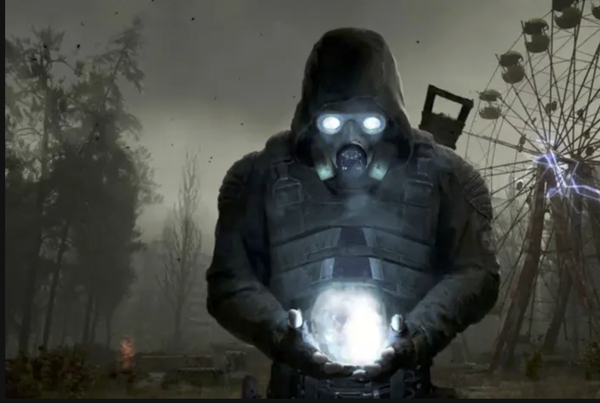Verkhovna Rada bans Moscow church
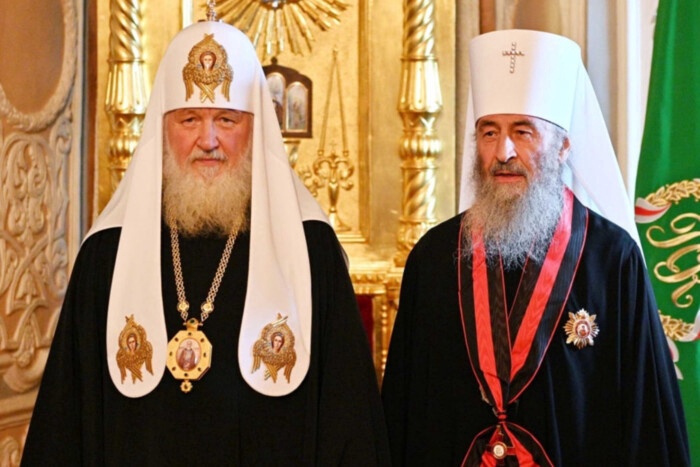
It’s finally happened! The deputies of the Verkhovna Rada have voted in favour of the revised draft law No. 8371, titled “On the Protection of the Constitutional Order in the Field of Religious Organizations,” commonly known as the law “On the Prohibition of the Moscow Church.” With 265 votes in favour, the law has passed!
What does this mean?
Once signed by the president, the law will come into effect 30 days after its publication. The law mandates the banning of the so-called russian Orthodox Church (ROC) in Ukraine as a religious organization and calls for the termination of all affiliated religious groups. Members of these organizations will have nine months to sever their ties with the ROC, after which an expert commission will evaluate their compliance with the law.
If violations are found, the State Service for Ethnic Policy and Freedom of Conscience will file a lawsuit seeking a permanent ban on the offending organizations. The process is clearly defined: it involves an investigation, an order to comply with the law, and a court injunction.
Additionally, the ROC and its affiliates will be barred from using state and municipal property. The transition of communities to the local Ukrainian Orthodox Church will also be simplified. 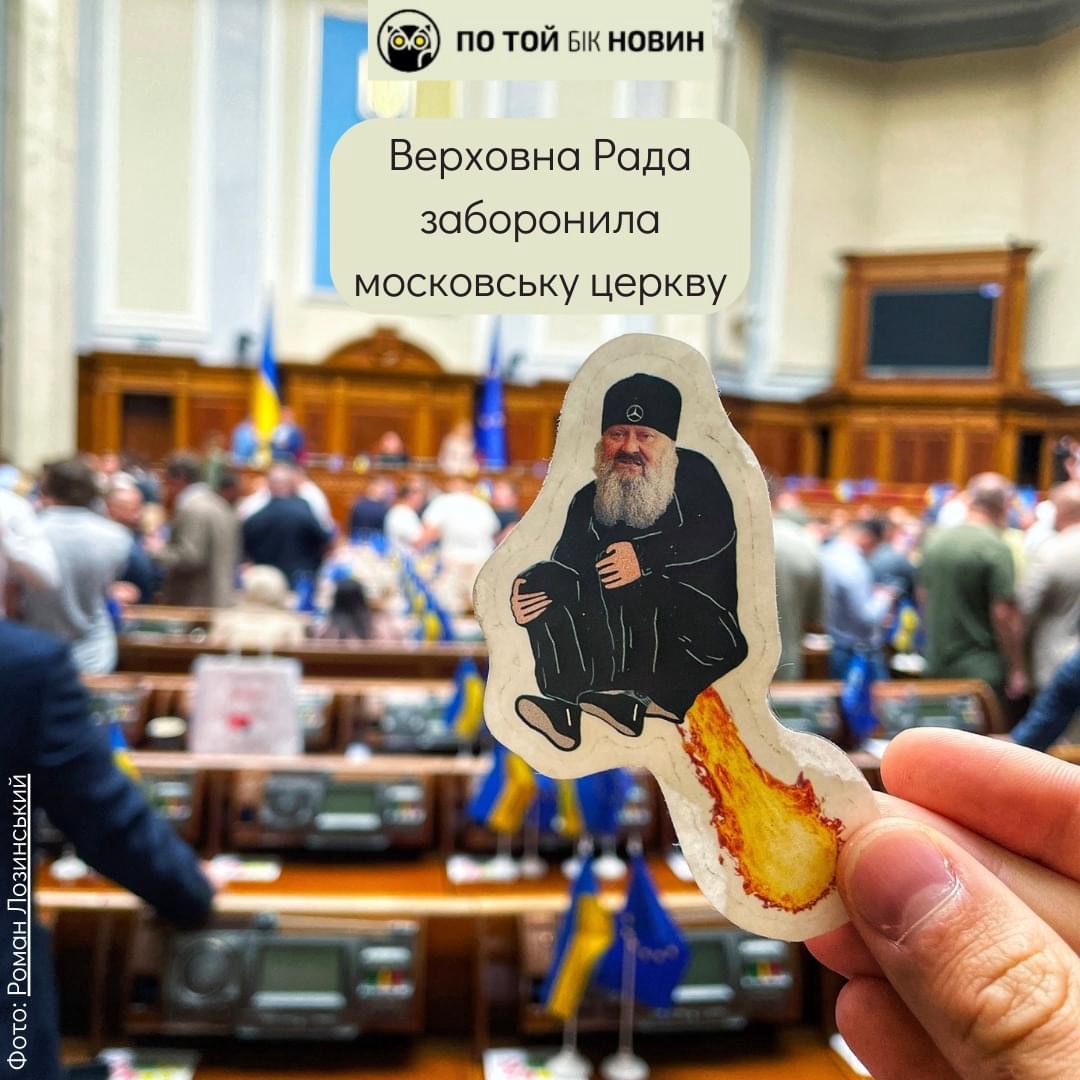
Voting challenges
The Verkhovna Rada initially passed the draft law in its first reading in October 2023, but subsequent voting was delayed due to opposition from some MPs who support the so-called russian Church in Ukraine. In November 2023, these MPs attempted to send the draft law to the Venice Commission, arguing that it raised human rights concerns.
In March 2024, the relevant committee of the VerkhovnaRada recommended the law for adoption in the second reading, but progress stalled until August. Despite some MPs blocking the rostrum in July, demanding urgent consideration of the law, the session was suspended, and MPs returned to “committee work” for nearly a month.
In early August, the parliamentary committee reported a discrediting campaign against the adoption of the law. A week later, in an evening address, President Zelenskyy emphasized that Moscow must be deprived of the ability to restrict Ukrainians’ freedom and underlined the importance of spiritual independence.
On August 16, the committee unanimously approved amendments to the bill and recommended that parliament adopt it in the second reading and as a whole. The following day, representatives of the All-Ukrainian Council of Churches expressed their support for Ukraine’s spiritual independence and the ban on organizations associated with the aggressor country.
The final decision rested with the MPs, and they actually delivered.
Why is only the “UOC-MP” banned?
Ukraine guarantees freedom of religion, so the state cannot outright ban any religious organization. However, the draft law is built on the principle that no denomination can be linked to an aggressor country. This means the law applies to any religious group associated with russia. It just so happens that the “Moscow Patriarchate” (hey, what a surprise!) is one such church in Ukraine.
But hasn’t the “UOC-MP” severed ties with Moscow?
Weeell, not entirely. In May 2022, during its “Council,” the “UOC-MP” announced changes to its charter that were intended to signify a break from the “russian Orthodox Church (ROC)”, which openly supports aggression against Ukraine and even declared the war against Ukraine as sacred!
The “UOC-MP” stated that it is now an independent church and no longer uses the “MP” (Moscow Patriarchate) label. However, no substantial steps toward true church independence (autocephaly) have been taken, and no merger with the Orthodox Church of Ukraine has occurred. The State Service for Ethnic Policy and Freedom of Conscience concluded that these changes did not result in a complete severance of ties with the “ROC”, meaning the “UOC-MP” enjoys some autonomy, but without full autocephaly.
But isn’t the UOC-MP the “only canonical church”?
This is a narrative that Moscow has promoted for centuries, positioning itself as the centre of Orthodoxy while dismissing other churches as illegitimate. In reality, from a canonical perspective, only the Orthodox Church of Ukraine holds legitimate status within Ukraine.
The history of russia’s influence on the Ukrainian Church is long and complex, but here it is briefly: in 988, after the baptism of Prince Volodymyr, the Kyiv Metropolis was established under the Patriarchate of Constantinople. In 1448, Moscow unilaterally elected its own metropolitan without the consent of Constantinople, dividing the metropolitanates into Kyiv and Moscow. For nearly 150 years, Moscow existed unrecognized and isolated from the rest of the Christian world. It wasn’t until 1589 that Moscow forced the Patriarch of Constantinople to acknowledge its independence.
In 1686, through political manipulation, Moscow subordinated the Kyiv Metropolis to its patriarchate, despite Kyiv’s higher level of development in social and church life, largely due to Western European influence. It wasn’t until 2018 that Constantinople annulled this decision, and on January 6, 2019, Ukraine received the Tomos (decree) of autocephaly, granting the Ukrainian Orthodox Church independence. It took several centuries for the Ukrainian Orthodox Church to finally achieve this kind of act of independence.
Why is this necessary?
Of course, a cleric’s association with the Moscow Patriarchate doesn’t automatically make them a collaborator, but the ban on the “UOC-MP” is a matter of national security… because once again, it somehow seems that the priests of this denomination have the longest “list of merits” when it comes to violations: the SBU (Security Service of Ukraine) has opened more than 80 criminal cases against its clergy, including charges of treason and collaboration. Some clergy have cooperated with russianspecial services, shared information about Ukrainian military positions, spread propaganda, and even refused to perform funeral services for fallen soldiers. Notably, some convicted priests were later exchanged for Ukrainian prisoners in prisoner swaps.
Prepared by Aliona Malichenko.

